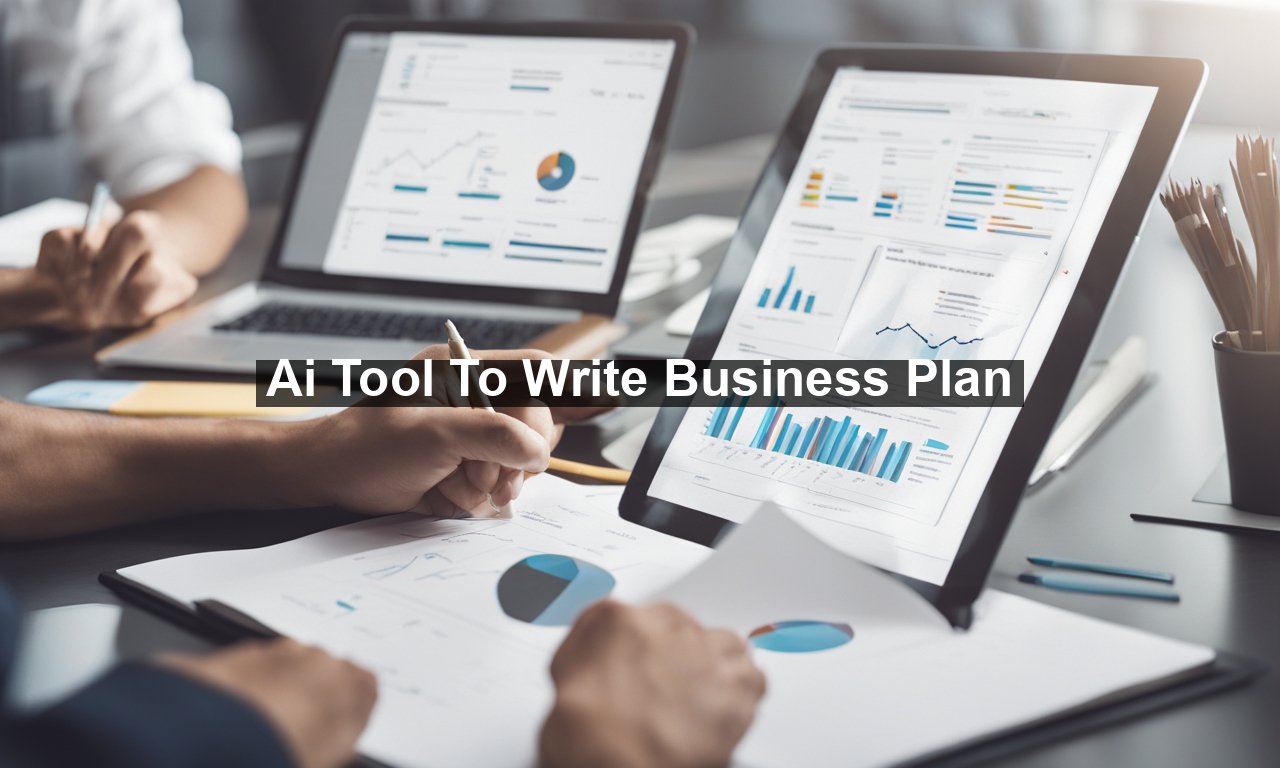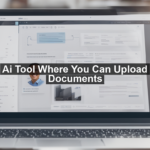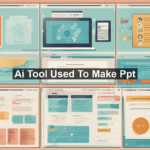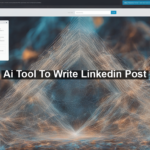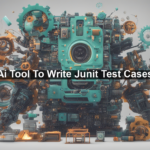Imagine transforming your business idea into a compelling plan without breaking a sweat. That’s what the latest AI tools promise – streamlining the intricate process of writing a business plan into a seamless, efficient task. But is it as simple as it sounds? This article explores how AI tools can revolutionize your business strategy, allowing for less hassle and more focus on what truly matters – turning your business vision into reality. We’ll guide you through the merits of utilizing AI for business plan development and what to consider when choosing the right tool for you.
The Rise of AI in Business Planning
Artificial Intelligence is steadily making its way into various facets of business. From customer service to data analytics, it’s hard to ignore the impact AI is having on traditional business processes. But one of the most promising yet underrated areas is business plan writing. In essence, AI tools are designed to simplify this daunting task by using machine learning algorithms to create customized plans based on input data. This development is significant as it enables entrepreneurs and business startups to create structured business plans without requiring extensive expertise in business writing or hiring costly consultants.
What Can AI Tools Do?
AI tools serve as powerful allies in writing a business plan. Here’s what these intelligent applications typically offer:
For example, using data-driven insights, an AI tool can suggest realistic financial projections or identify potential setbacks in your plan that you may not have considered. Check out how TechCrunch discusses this growing trend and the impact it’s having on startups and investors alike (TechCrunch).
Choosing the Right AI Tool
Not all AI tools are created equal. When selecting an AI tool for business plan writing, it’s essential to consider the following factors:
User-Friendliness
The idea is to make the process simpler, not more complicated. Choose an AI tool that is intuitive and easy to navigate, even if you are not tech-savvy. Look for platforms with straightforward user interfaces and step-by-step guidance.
Accuracy of Insights
Accuracy is paramount. Ensure the tool uses reliable data sources and advanced algorithms to provide insights. Some AI tools also allow for manual adjustments, so you can tailor the output to better fit your vision.
Customization Options
Since every business is unique, customization is a crucial aspect of any AI business planning tool. You should be able to tailor templates to match your branding style, preferences, and specific industry requirements. Exploring platforms that cater to niche industries could be advantageous. Industries such as tech startups, healthcare, or e-commerce may need specialized insights which general tools may not cover.
For a more in-depth understanding, you might want to look at some comparative reviews from platforms like G2 (G2).
The Benefits of Using AI Tools for Business Plans
The impact of AI on business planning is not just about efficiency; it’s also about quality and strategic value. By leveraging AI tools, businesses possess the potential to innovate and pivot more dynamically. Check out these key benefits:
Potential Limitations
While AI tools offer remarkable advantages, it’s wise to approach with a balanced perspective. Some limitations include:
Despite these potential drawbacks, the role of AI in shaping future business strategies cannot be overstated. Forbes provides further elucidation on how AI continues to expand its capabilities in the business world.
Conclusion
The integration of AI tools into the realm of business planning signifies a transformative shift in how businesses approach strategic planning. While not a one-size-fits-all solution, these tools offer substantial advantages by saving time, reducing costs, and enhancing the quality of business plans. As technology continues to advance, staying informed and selectively integrating such innovations into your business operations can provide a competitive edge.
Embrace the AI revolution in business planning – it’s the future knocking at your door with a toolkit designed for your success.
